The UN Special Advisor on the Prevention of Genocide warns about violence in Burundi. He fears the worst for 2015 if nothing is done to change the security situation. He is not the only one to worry.-By Edouard Madirisha, translated by Lorraine Josiane Manishatse
“It is important to be careful so that the force of evil won’t push some actors to criminal violence.” These words were pronounced by Adama Dieng, the UN Special Advisor on the Prevention of Genocide, during a press conference held on 7 November in Arusha, Tanzania, at the Headquarter of the International Criminal Tribunal of Rwanda (ICTR). The ICTR celebrated its 20th Anniversary before it officially closes its doors in September 2015. Adama Dieng talked about Burundi, indicating “violence that spread here and there”. He appealed to dialogue and an enlargement of the space for freedom in Burundi to avoid the “worst” before general elections in 2015. “The best way of breaking that violence is to initiate dialogue between all political actors. If not, the worst can happen”, Adama Dieng warned in response to the question if Burundi risks suffering from genocide as its neighbor Rwanda did 20 years ago.
“The governing party is not alone in its responsibility for security. Everybody must be vigilant even if the government has the primary responsibility to protection and national security”, he says. He adds that “no state should claim sovereignty in order to quietly commit murders”.
The special advisor recalled the importance of the Arusha Accords that should not be sacrificed to partisans interests. Adama Dieng also urged the political class and civil society to “manage the political differences that exist in Burundi in a constructive way”.
The international community should intervene
Léonce Ngendakumana, the president of FRODEBU and ADC Ikibiri, thinks that the government of Burundi attempts to destroy political parties and their leaders. “Imbonerakure are likely to attack supporters of ADC Ikibiri. They have become powerful and the more we approach the election, the worse the situation gets.” Ngendakumana emphasizes that he has also warned against genocide in Burundi and is consequently prosecuted for defamation. “We agree with Adama Dieng. If the International community does not stand up to help Burundi manage this situation, it can fall victim to genocidal violence. Not necessarily between ethnic groups, but between political opponents”, he notices.
This reaction is similar to that of Vital Nshimirimana, the general delegate of FORSC (Forum for the Strengthening of Civil Society). He sees Adama Dieng’s statement as part of a series of requests and recommendations to the Burundi government and the international community to avoid the irreparable to happen. “When Adama Dieng came to Burundi in April, he met leaders of civil society organizations who shared with him their apprehension about the violence committed by Imbonerakure”, he indicates.

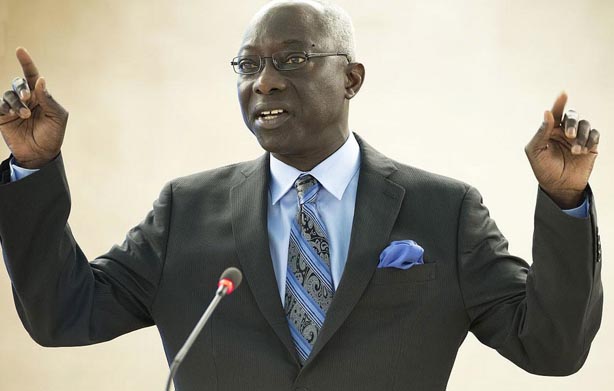
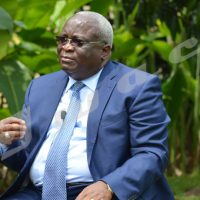
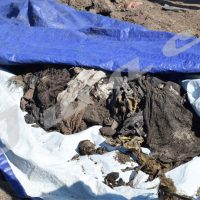
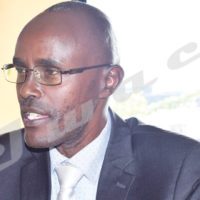
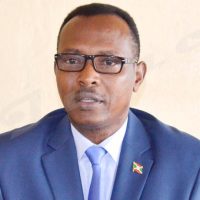
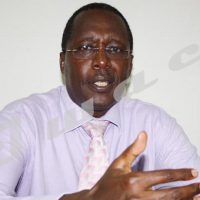













 IWACU Open Data
IWACU Open Data

